- Home
- James Hadley Chase
1946 - More Deadly than the Male Page 3
1946 - More Deadly than the Male Read online
Page 3
George stared at him. He felt he was on the brink of an unpleasant discovery; something that he didn’t want to hear. “What are you hinting at?” he asked uneasily.
“The Company pays thirty bob on every order sent in. That’s why your pal Robinson makes you send your orders through him. He not only takes two bob off you, but ten bob as well. I took the trouble to ‘phone the Company and ask them what they’d pay me if I sent in my orders direct. They said thirty bob.”
George suddenly hated this young man with his straw-coloured hair and his disgusting scar. Why couldn’t he have left him in peace? He had trusted Robinson. They had got along fine together. Robinson had been his only companion. Robinson had said that George was his best salesman, and he had given him responsibility. He had always been at hand to smear a paste of flattery on George’s bruised ego. George thought of all the past orders he had given him, and he felt a little sick.
“Oh,” he said, after a long pause, “so that’s how it is, is it?”
Brant finished his lemonade. “Should have thought you’d found that out for yourself,” he said in his soft, clipped voice.
George clenched his fists. “The dirty rat!” he exclaimed, trying to get a vicious look in his eyes. “Why, he’d ‘ve been taken for a ride for that if he’d been in the States.”
Brant smiled secretly. “Is that where you come from?”
“Sure,” George said, realizing that this was a chance to reestablish himself. “But it’s some time ago. I must be slipping. Fancy letting a cheap crook like Robinson pull a fast one on me. If ever Kelly got to hear about it, he’d rib me to death.”
The thin, cold face remained expressionless. “Kelly?”
George picked up his tankard and drank. The beer tasted warm and flat. Without looking at Brant, he said, “Yeah—Frank Kelly. I used to work for him in the good old days.”
“Kelly?” Brant was still and tense. “You mean, the gangster?”
George nodded. “Sure,” he said, feeling an infuriating rush of blood mounting to his face. “Poor old Frank. He certainly had a bad break.” He set his tankard down, and in an endeavour to conceal his confusion, he lit a cigarette. “But, of course, that was some time ago.”
Brant’s thin mouth twisted. “Still now you know, you’re not going to let Robinson get away with this, are you?”
George suddenly saw the trap he had dug for himself. If Brant was to think anything of him, he’d have to go through with it.
“You bet I’m not,” he growled, scowling fiercely into his empty tankard.
“Good,” Brant said, a veiled, jeering look in his eyes. “That’ll save me some trouble. You’d know how to talk to him, wouldn’t you?”
“I’ll fix him,” George threatened, feeling a growing dismay. “No one’s ever pulled a fast one on me without regretting it.”
“I’ll come with you,” Brant said softly. “I’d like to see how you handle him.”
George shook his head. “You’d better leave this to me,” he said feebly. “I might lose my temper with him. I don’t want witnesses.”
“I’ll come with you all the same.” Brant’s thin lips tightened. “You don’t have to worry about me.”
They looked at each other. George felt himself wilt under the baleful look that had jumped into Brant’s eyes.
“Okay,” he muttered uneasily. “You can come along if you want to.”
There was a long pause and then he said, “Well, we’d better do some work. You ready?”
Brant nodded. “Yes.” He pushed himself away from the counter. “Tonight’ll be interesting,” he added, and followed George out of the bar.
three
George Fraser had little to say while he and Brant travelled by underground to Wembley. Talking was difficult in the swaying, roaring train, and he wanted time to think over what Brant had told him.
If what Brant had said were true, then Robinson had cheated him out of at least twenty pounds. George considered what he could have done with all that money. Twenty pounds! Why, he could have bought a second-hand car, he thought dismally. He had always wanted a car. He had no idea what he was going to say to Robinson when he saw him that night. If it hadn’t been for Brant, he probably wouldn’t have had the nerve to raise the matter at all; but now he had to make a show before this unpleasant, disturbing intruder. He would have to make a shot at persuading Robinson to fork up the twenty pounds. He hadn’t much hope, as Robinson never seemed to have any money, but it might be worth trying. Of course, Robinson might turn nasty. He might even demand the return of all George’s specimen copies of the Child’s Self-Educator and then tell George to go to blazes. Then what would he do? It’d mean he’d be out of work again, and that thought appalled George.
Well, it was no good worrying, he decided gloomily. After all, Robinson was cheating him, and he couldn’t expect to get away with it. He’d tackle him politely and firmly, and hope for the best. It wouldn’t do for Brant to think he couldn’t handle the situation. Brant seemed now to be regarding him with a little more respect since George had mentioned Frank Kelly. George pulled a face. He hoped Brant wouldn’t say anything about that to anyone. He shot a furtive look at the blank, hard face. All he could see was the disagreeable, raw-looking scar and one vacant, glittering eye. Nasty young customer, he thought uneasily. Proper dead-end kid. He wondered if Brant believed him. You couldn’t tell where you were with a fellow with such an expressionless face. Anyway Brant hadn’t asked any questions, and he seemed to have accepted Kelly after a momentary glimmer of surprise.
The train pulled into Wembley station, and with a sigh of relief George got to his feet. He was glad to have something to do. He didn’t want to think about Brant nor what he was going to say to Robinson that night. He forced this disagreeable prospect to the back of his mind and shambled along beside his companion.
“Now, our first job is to call at Radlet Road school,” he said, as they walked briskly up the High Road. “I called in there yesterday and planted our circulars. You see, unless we know where the kids live, we can’t get any orders. It isn’t like selling vacuum cleaners, for instance. With vacuum cleaners it’s a straight door-to-door canvass. But in our line we have to know which homes have children and which haven’t.” He paused while he fished a cigarette from a crumpled carton and offered it to Brant.
“I don’t smoke,” Brant said shortly. They were the first words he had uttered since leaving the train.
“Oh, all right,” George looked at him blankly, and lit up. They moved on, and George said, “Well, we’ve got to get the names and addresses of all the kids at the various Council schools. It isn’t easy, because the teachers don’t want to help us. You’d think they’d be glad for the kids to have the books, wouldn’t you? But not they.” George breathed heavily through his thick nose. “Of course, some of ‘em do help, otherwise we’d get nowhere. But the majority are a lazy, suspicious lot. We have to persuade the teacher to pass our forms round the class and get the kids to put their names and addresses on them; then we collect the forms next day and make our calls. It sounds simple, doesn’t it, but you wait . . . you’ll see what I mean before long.”
All the time he was talking, Brant strode along at his side, his face expressionless and his eyes blank. For all George knew, he hadn’t heard a word George had said.
This indifferent attitude annoyed George. All right, he thought, lapsing into a sulky silence, you think it’s child’s play, but just you wait. You’ll find it’s not all beer and skittles. You wait until you try to get an order. Be as superior as you like, but with a dial like yours you don’t stand a hope. Do you think anyone will want to look at you when you try to talk to them? They’ll slam the door in your ugly mug, you see if they don’t, and it’ll serve you right. Take you down a peg or two, my lad. That’s what you want. Be superior if that’s how you feel, but you’re riding for a fall. You can’t say I haven’t tried to be friendly, but I’m damned if I’m going to put myself out if you d
on’t meet me halfway.
He was glad when they reached the school. Now he could show Brant how successfully he had cultivated the headmaster the day before. They crossed the deserted playground and approached the red-brick school building. In spite of his outward show of confidence, George could never enter a school premises without a feeling of guilt. The L.C.C. had forbidden canvassers to call on Secondary and Council schools, and George always had it at the back of his mind that he would run into a visiting school inspector one of these days and be ordered ignominiously from the school.
He paused at the main entrance, and with an uneasy smile pointed out the notice pinned to the door.
“See that?” he said, anxious that Brant should share his own secret uneasiness. “ ‘Canvassers and salesmen are not permitted on the school premises.’ I told you it wasn’t easy, didn’t I? It’s only when the headmaster’s friendly that we can get anywhere.”
Brant didn’t say anything. He glanced at George with sneering contempt in his eyes.
George pushed open the door and entered the long passage, which smelt of disinfectant, floor-polish and stale perspiration. They walked down the passage, past a number of classrooms. They could see through the glass partitions into the small rooms, each containing a number of children at desks. The children spotted them, and heads turned in their direction with the precision of a field of corn moving in a wind.
George shrank from their inquisitive, staring eyes. He hunched his great shoulders and hurried on towards the headmaster’s office.
The headmaster looked up from his desk and frowned at them.
He was a little man, thin and old. Two or three strands of greying hair had been carefully plastered across the baldness of his head. His large, mild eyes were tired, and his shoulders, under his shabby coat, drooped as if the burden of his responsibilities were too much for him.
“Good afternoon, Mr. Pickthorn,” George said, with the overpowering heartiness he always assumed when working. “What a magnificent day! Too good to be in, but we’ve all got our living to make, haven’t we?” He stood over the headmaster, large, friendly, anxious to please. “We can’t all go gadding about when there’s work to be done, can we? Noses to the grindstones, eh?” He lowered his voice and winked. “Not that you and me wouldn’t like to be at Lord’s to-day.”
It had taken George some time to conquer his shyness when meeting strangers, but now that he was sure of what he was going to say, he was becoming quite a fluent, if automatic talker. He hoped that Brant was being impressed. That’d show him how to talk to prospects. Brant would have to shake up his ideas if he thought he was going to make a successful salesman. People liked to have someone call on them who was cheerful and bright.
Mr. Pickthorn smiled vaguely and blinked up at George. “Ah,” he said, shaking his head sadly. “Yes, Lord’s.” Then he glanced at Brant, and the friendly look drained out of his eyes. He glanced hurriedly away, his thin mouth tightening.
There! George thought triumphantly. See what happens when they look at your ugly mug. Go on, be superior. I don’t care. At least, they don’t look away when I talk to them.
Feeling the changing atmosphere, he went on hurriedly, “I was passing, Mr. Pickthorn, so I thought I’d pick up those forms I left yesterday. Are they ready?”
Mr. Pickthorn fiddled with his pen-tray, placing the pens and coloured pencils in their racks with exaggerated care. “No,” he said, without looking at either of them. “No, I’m afraid they aren’t.”
George felt his heartiness, bolstered up by the feeling that Mr. Pickthorn liked him, oozing away like air from a leaking balloon.
“Well, never mind,” he said, with a fixed smile. “You don’t have to tell me how busy you are. I know what you headmasters have to do. Work, work, work, all day long. Suppose I call back tomorrow? Perhaps you’ll find time to get them done tomorrow.”
Mr. Pickthorn continued to fiddle with his pens and pencils. He did not look up. “I’ve changed my mind,” he said abruptly. “As a matter of fact, Mr. Herring, my assistant, drew my attention to it. He’s quite right, of course. I wasn’t thinking. Of course, the books are good. No doubt about that. I’ve “known the Child’s Self-Educator for many years, but as Mr. Herring pointed out, it’s encouraging canvassers, and the Council doesn’t approve.” He opened a drawer and took out the packet of printed forms that George had left with him the day before. “I’m sorry,” he went on, pushing the forms across the desk to George. “Now, if you’ll excuse me . . .” He gave George a fleeting embarrassed smile, again glanced at Brant, and then pulled a pile of papers towards him.
“You see?” George said, when they were in the street again. “Now we’ve got no calls for tonight. The rotten little rat! Couldn’t do enough for me yesterday. I spent a whole hour listening to him talk about his blasted garden. As if I cared! He promised me faithfully to distribute those forms. Oh, well, it only goes to prove.” He fished out his carton of cigarettes and lit one. “We’ll have to do a cold canvass tonight. It means wandering up and down a street looking out for kids, asking them where they live, or spotting toys in the windows or gardens. That’s a job I hate! Everyone watches you, and sometimes if you do ask the kids who they are, they get scared and start howling.”
Brant shoved his hands in his pockets and stared down at his shoes. His indifferent expression infuriated George.
“Well, what do we do?” Brant asked, as if to say, this is your mess, and it’s up to you to find a way out.
Choking back his irritation, George took out his list of schools and studied it. “We’d better go over to Sherman Road school,” he said. “It’s about half a mile from here. That’s the best school in the district. If we don’t get our forms in there, we’re properly in the soup.”
Brant shrugged. “All right,” he said, falling in step beside George. “So long as we get something done to-day.”
George shot him an angry glance. “It’s all very well to criticize,” he snapped, “but if you think you can do better, you’d better try.”
“I’ll take over if you make another mess of it,” Brant returned in his clipped, indifferent voice.
George could scarcely believe his ears. He walked on in silence, fuming with rage. If he made a mess of it! Of all the cheek! And he was teaching this smug brat—that’s all he was— a smug brat! He’d take over, would he? All right, they’d see about that. Perhaps it’d be a good idea to let him make a fool of himself. As if anyone would listen to him, with his scar and his straw hair and his shabby clothes. Then George’s caution asserted itself. The kids at Sherman Road were of a better class than in any of the other schools. He couldn’t afford to take chances with this school. Every form that was filled up might mean an order.
In the school lobby they found the same depressing notice warning canvassers and salesmen that they were trespassing. Underneath this official notice was another notice written and signed by the headmaster.
Can you read? Then keep out! No canvassers or salesmen will be seen during school hours. Any attempt to enter school premises without an official permit will be immediately reported to the local authorities.
Chas. Eccles.
Headmaster.
George read this notice and experienced a sinking feeling in his stomach. “I’ve never seen anything like this before,” he whispered, furtively looking down the passage that led to the classrooms. “Doesn’t look very hopeful, does it?”
Brant shrugged. “You can always tell him you can’t read,” he said with a sneer. “He might even believe you.”
George flushed, and without a word walked down the passage to the headmaster’s office. He wished that Robinson was with him. Robo would know what to do. He didn’t care a damn whom he tackled or how rude people were to him.
George tapped on the door and waited.
“Come in,” roared a voice.
They entered a small, bare room. A big, fleshy man, with a large blond moustache on a round, flat face, frowned at
them.
“Who are you? What do you want?” he shouted in a voice made harsh by constant bullying.
George gave him a nervous smile. “Good morning, Mr. Eccles,” he said, his heartiness wavering. “Forgive me for intruding like this, but I was passing, and I felt that you’d be interested to hear that the new edition of the Child’s Self-Educator is now ready.”
Mr. Eccles leaned across his desk, his hard little eyes boring into George. “What?” he shouted. “Selling something? Where’s your permit?”
George took an involuntary step back. “Now, please don’t misunderstand me, Mr. Eccles,” he said, trying to control his rising colour. “We’re not selling anything. It’s just that we thought you’d be interested to hear that the new edition of the Child’s Self-Educator is—er—ready. It’s a magnificent job. Two hundred additional coloured plates, and all the maps have been revised. There’s more than two hundred thousand additional ; words, bringing this wonderful work of reference right up to date.”
“Hmm,” Mr. Eccles grunted. “You people are not supposed to be on the school premises, you know. I haven’t the time nor the inclination to talk to salesmen. All right, thank you for calling. Good afternoon,” and he picked up his pen and began to write.
Had George been alone, he would have slunk out of the room, but the cold, still, hateful figure of Brant made retreat impossible.
“If you’ll excuse me, Mr. Eccles,” George said, his face now the colour of a beet-root, “there’s just one other point I would like to raise with you. You know the C.S.E., of course. You’ll agree with me, I’m sure, that it is a most useful set of books and its reputation in the world of letters is second to none. Any child possessing this magnificent work of reference has an obvious advantage over the unfortunate child who is without it. The task of the teacher is considerably lightened if a child can turn to the I.C.S.E. and find for itself the answer to those awkward questions that a child is always asking his teacher.”

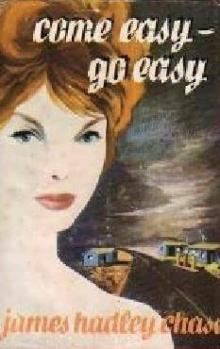 Come Easy, Go Easy
Come Easy, Go Easy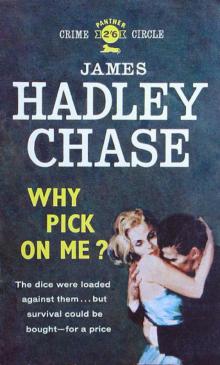 Why Pick On ME?
Why Pick On ME?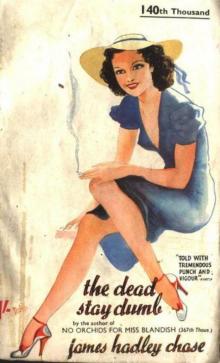 The Dead Stay Dumb
The Dead Stay Dumb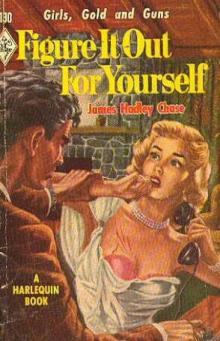 Figure it Out For Yourself
Figure it Out For Yourself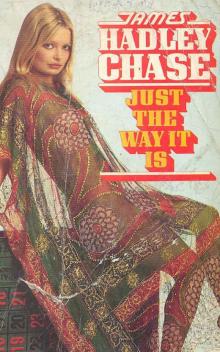 1944 - Just the Way It Is
1944 - Just the Way It Is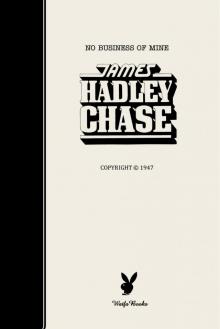 No Business Of Mine
No Business Of Mine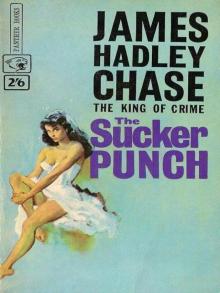 1953 - The Sucker Punch
1953 - The Sucker Punch Cade
Cade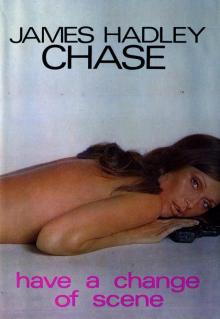 1973 - Have a Change of Scene
1973 - Have a Change of Scene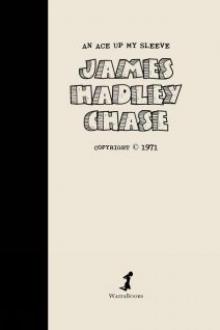 An Ace up my Sleeve
An Ace up my Sleeve 1968-An Ear to the Ground
1968-An Ear to the Ground 1950 - Figure it Out for Yourself
1950 - Figure it Out for Yourself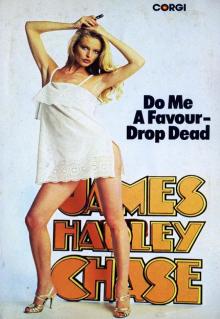 1976 - Do Me a Favour Drop Dead
1976 - Do Me a Favour Drop Dead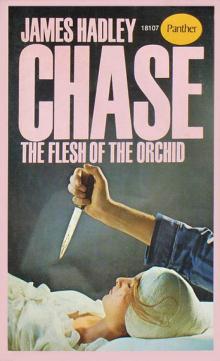 The Flesh of The Orchid
The Flesh of The Orchid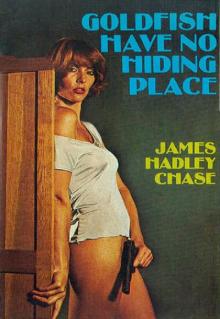 1974 - Goldfish Have No Hiding Place
1974 - Goldfish Have No Hiding Place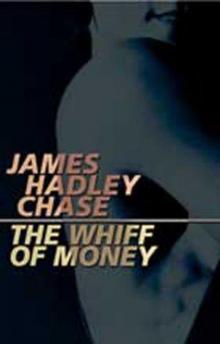 Whiff of Money
Whiff of Money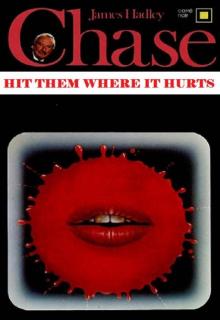 1984 - Hit Them Where it Hurts
1984 - Hit Them Where it Hurts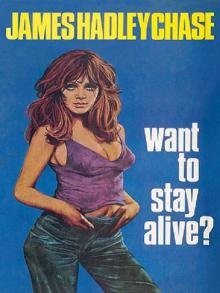 1971 - Want to Stay Alive
1971 - Want to Stay Alive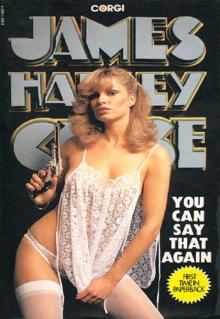 1980 - You Can Say That Again
1980 - You Can Say That Again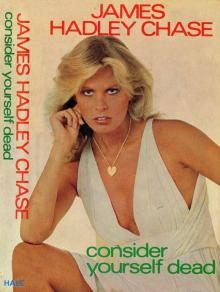 1978 - Consider Yourself Dead
1978 - Consider Yourself Dead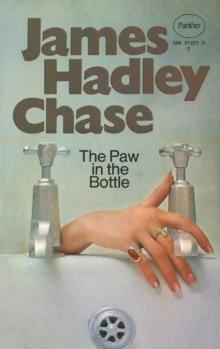 The Paw in The Bottle
The Paw in The Bottle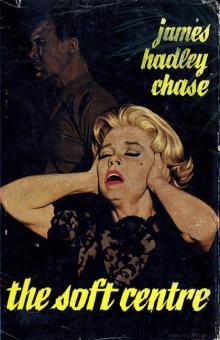 Soft Centre
Soft Centre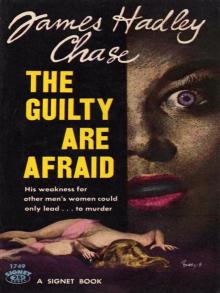 The Guilty Are Afraid
The Guilty Are Afraid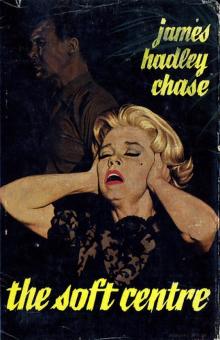 The Soft Centre
The Soft Centre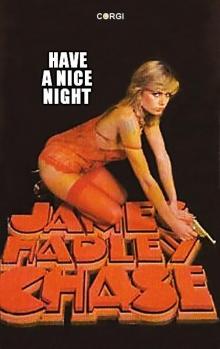 Have a Nice Night
Have a Nice Night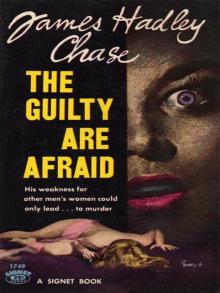 1957 - The Guilty Are Afraid
1957 - The Guilty Are Afraid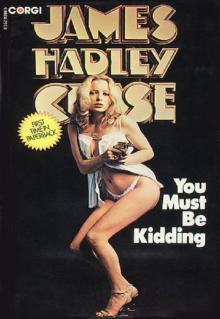 1979 - You Must Be Kidding
1979 - You Must Be Kidding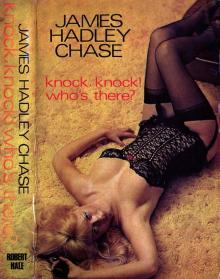 Knock, Knock! Who's There?
Knock, Knock! Who's There?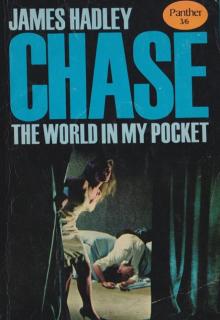 1958 - The World in My Pocket
1958 - The World in My Pocket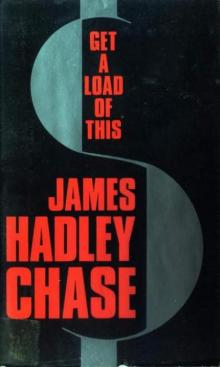 Get a Load of This
Get a Load of This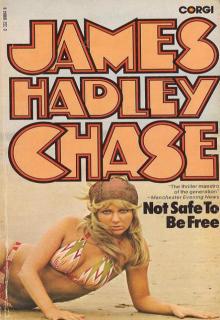 1958 - Not Safe to be Free
1958 - Not Safe to be Free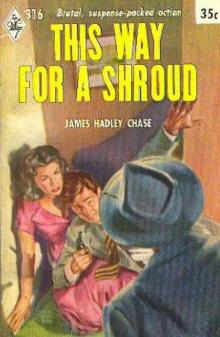 This Way for a Shroud
This Way for a Shroud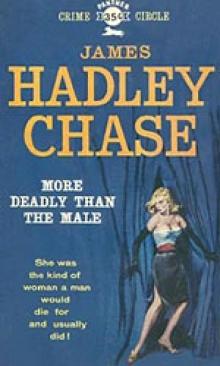 More Deadly Than the Male
More Deadly Than the Male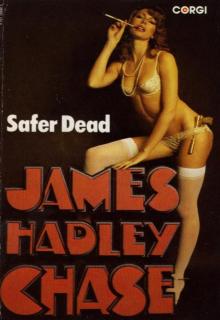 Safer Dead
Safer Dead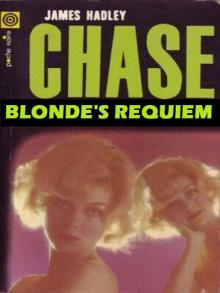 1945 - Blonde's Requiem
1945 - Blonde's Requiem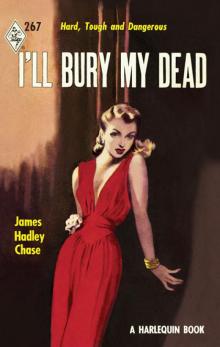 I'll Bury My Dead
I'll Bury My Dead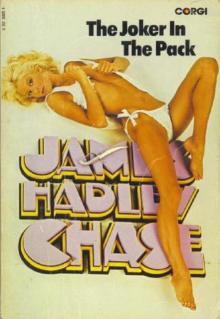 1975 - The Joker in the Pack
1975 - The Joker in the Pack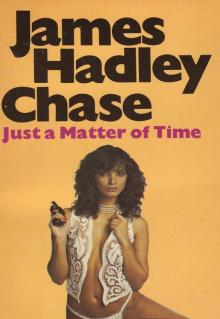 1972 - Just a Matter of Time
1972 - Just a Matter of Time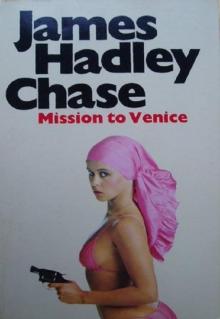 1954 - Mission to Venice
1954 - Mission to Venice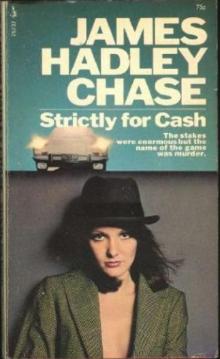 Strictly for Cash
Strictly for Cash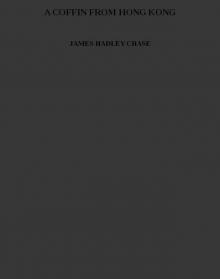 A COFFIN FROM HONG KONG
A COFFIN FROM HONG KONG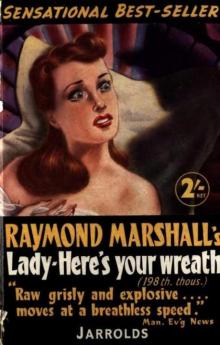 Lady—Here's Your Wreath
Lady—Here's Your Wreath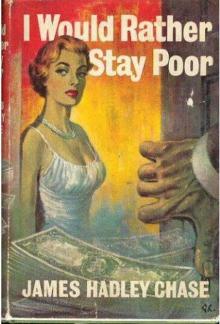 I Would Rather Stay Poor
I Would Rather Stay Poor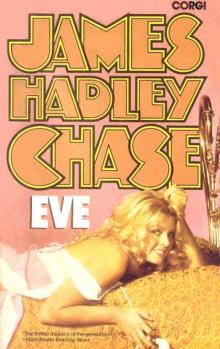 Eve
Eve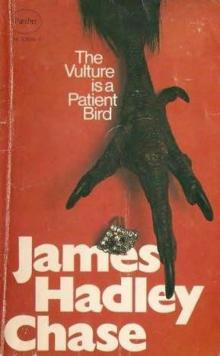 Vulture Is a Patient Bird
Vulture Is a Patient Bird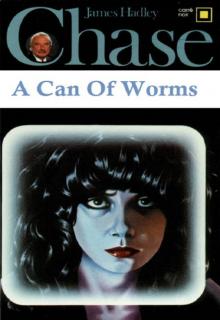 1979 - A Can of Worms
1979 - A Can of Worms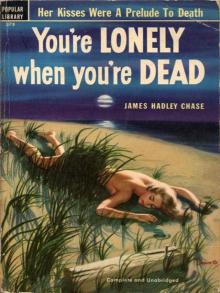 1949 - You're Lonely When You Dead
1949 - You're Lonely When You Dead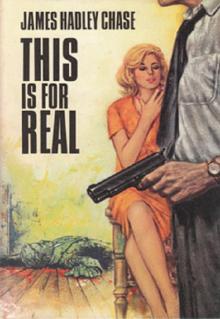 1965 - This is for Real
1965 - This is for Real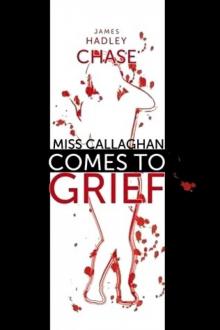 (1941) Miss Callaghan Comes To Grief
(1941) Miss Callaghan Comes To Grief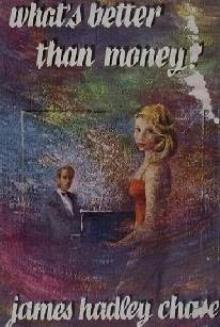 What`s Better Than Money
What`s Better Than Money This is For Real
This is For Real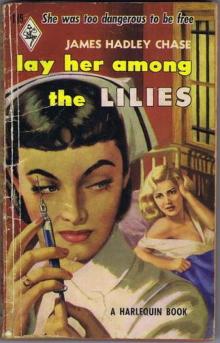 Lay Her Among the Lilies vm-2
Lay Her Among the Lilies vm-2 Knock Knock Whos There
Knock Knock Whos There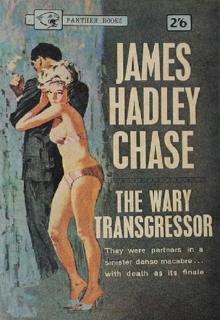 1952 - The Wary Transgressor
1952 - The Wary Transgressor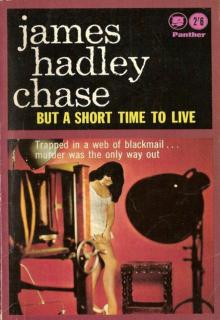 1951 - But a Short Time to Live
1951 - But a Short Time to Live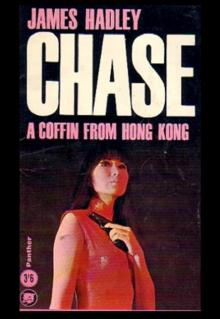 1962 - A Coffin From Hong Kong
1962 - A Coffin From Hong Kong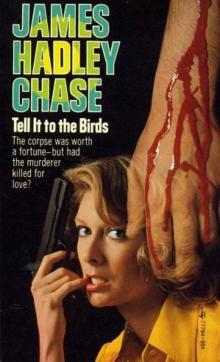 Tell It to the Birds
Tell It to the Birds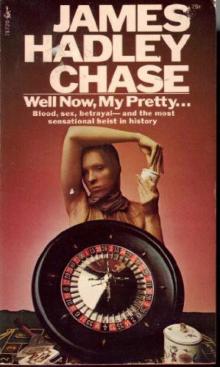 Well Now, My Pretty…
Well Now, My Pretty…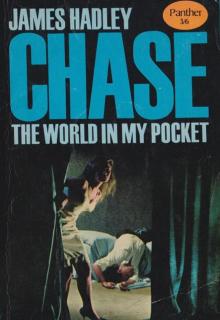 The World in My Pocket
The World in My Pocket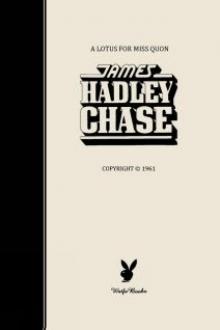 A Lotus for Miss Quon
A Lotus for Miss Quon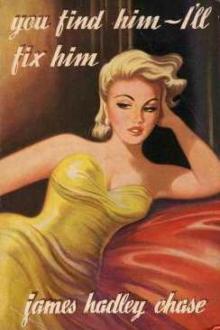 You Find Him, I'll Fix Him
You Find Him, I'll Fix Him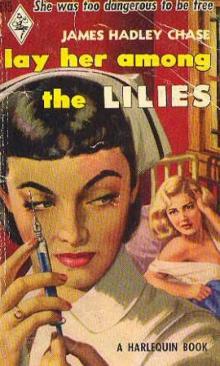 Lay Her Among The Lilies
Lay Her Among The Lilies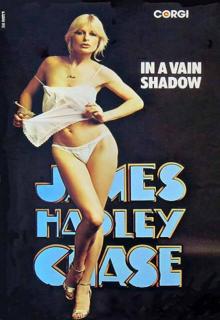 1951 - In a Vain Shadow
1951 - In a Vain Shadow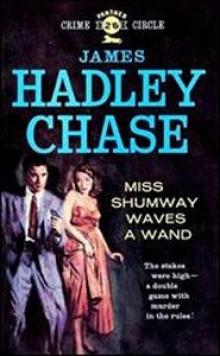 Miss Shumway Waves a Wand
Miss Shumway Waves a Wand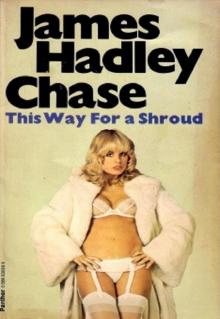 1953 - This Way for a Shroud
1953 - This Way for a Shroud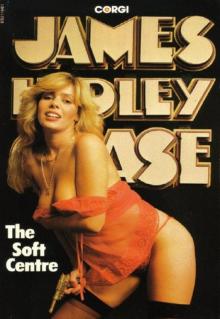 1964 - The Soft Centre
1964 - The Soft Centre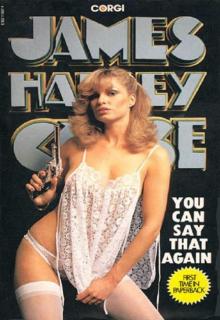 You Can Say That Again
You Can Say That Again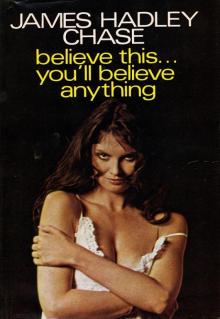 1975 - Believe This You'll Believe Anything
1975 - Believe This You'll Believe Anything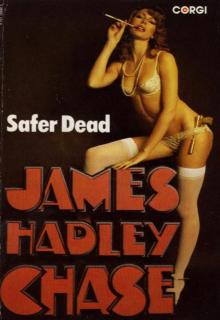 1954 - Safer Dead
1954 - Safer Dead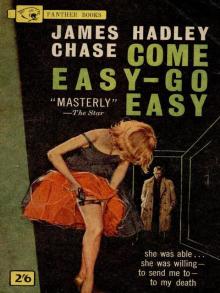 1960 - Come Easy, Go Easy
1960 - Come Easy, Go Easy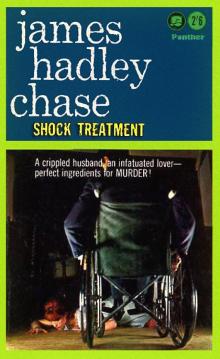 Shock Treatment
Shock Treatment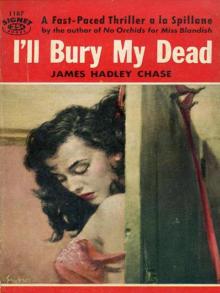 1953 - I'll Bury My Dead
1953 - I'll Bury My Dead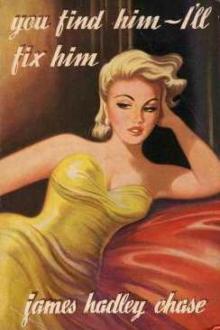 You Find Him – I'll Fix Him
You Find Him – I'll Fix Him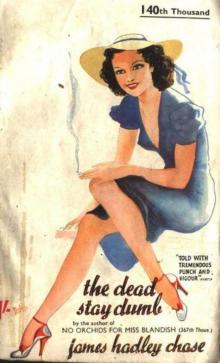 Dead Stay Dumb
Dead Stay Dumb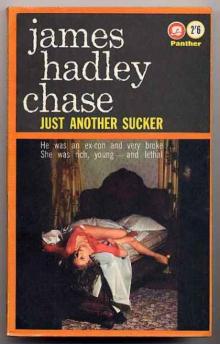 Just Another Sucker
Just Another Sucker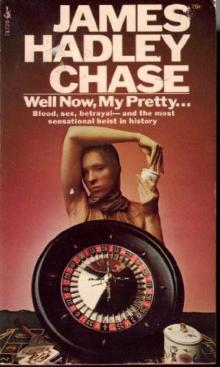 Well Now My Pretty
Well Now My Pretty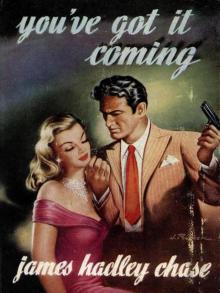 You've Got It Coming
You've Got It Coming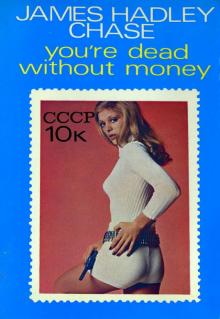 1972 - You're Dead Without Money
1972 - You're Dead Without Money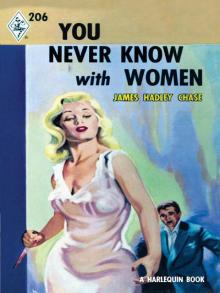 1955 - You Never Know With Women
1955 - You Never Know With Women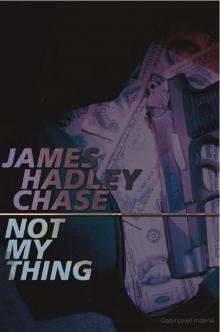 Not My Thing
Not My Thing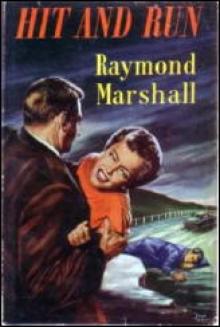 Hit and Run
Hit and Run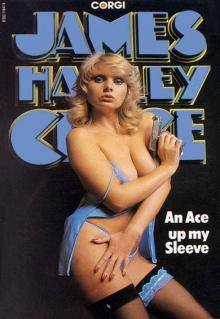 1971 - An Ace Up My Sleeve
1971 - An Ace Up My Sleeve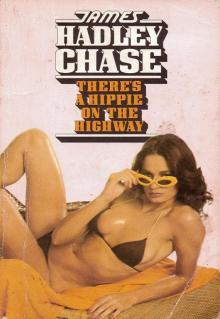 1970 - There's a Hippie on the Highway
1970 - There's a Hippie on the Highway 1968 - An Ear to the Ground
1968 - An Ear to the Ground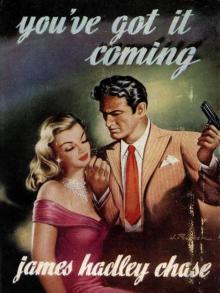 1955 - You've Got It Coming
1955 - You've Got It Coming 1963 - One Bright Summer Morning
1963 - One Bright Summer Morning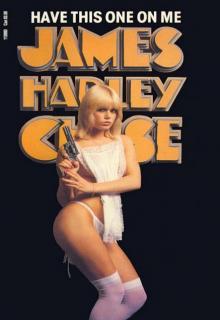 1967 - Have This One on Me
1967 - Have This One on Me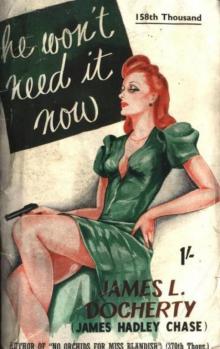 He Won't Need It Now
He Won't Need It Now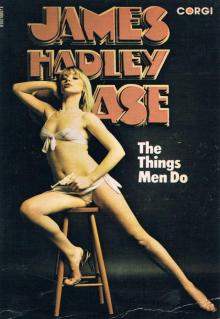 1953 - The Things Men Do
1953 - The Things Men Do Believed Violent
Believed Violent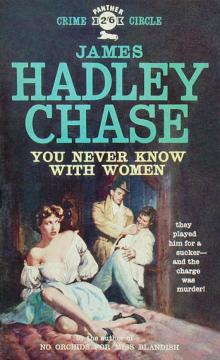 You Never Know With Women
You Never Know With Women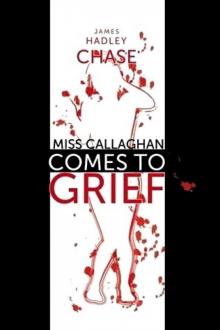 Miss Callaghan Comes to Grief
Miss Callaghan Comes to Grief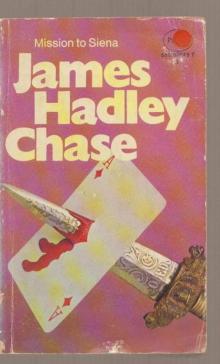 Mission to Siena
Mission to Siena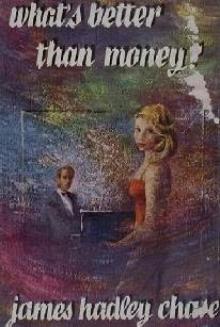 What's Better Than Money
What's Better Than Money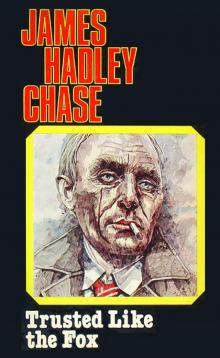 Trusted Like The Fox
Trusted Like The Fox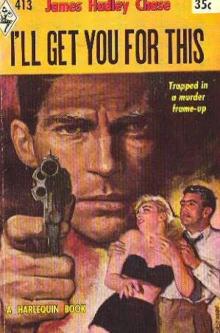 I'll Get You for This
I'll Get You for This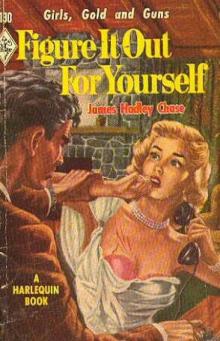 Figure It Out for Yourself vm-3
Figure It Out for Yourself vm-3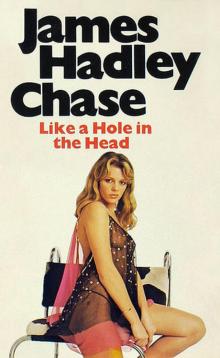 Like a Hole in the Head
Like a Hole in the Head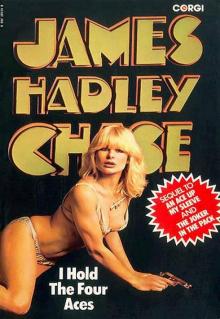 1977 - I Hold the Four Aces
1977 - I Hold the Four Aces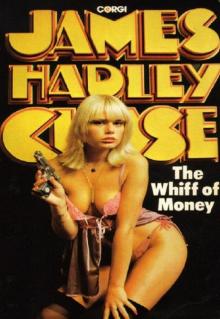 1969 - The Whiff of Money
1969 - The Whiff of Money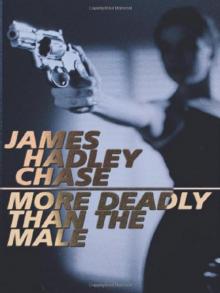 1946 - More Deadly than the Male
1946 - More Deadly than the Male 1956 - There's Always a Price Tag
1956 - There's Always a Price Tag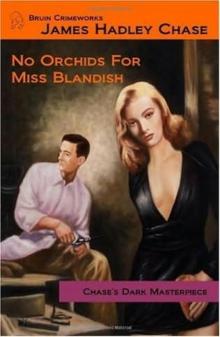 No Orchids for Miss Blandish
No Orchids for Miss Blandish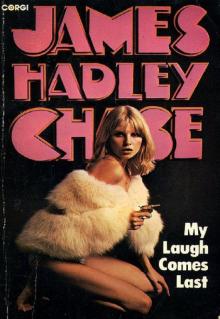 1977 - My Laugh Comes Last
1977 - My Laugh Comes Last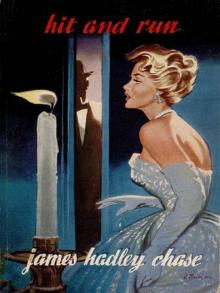 1958 - Hit and Run
1958 - Hit and Run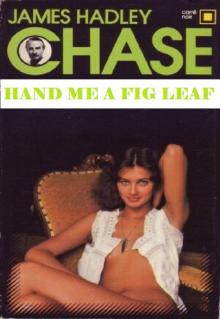 1981 - Hand Me a Fig Leaf
1981 - Hand Me a Fig Leaf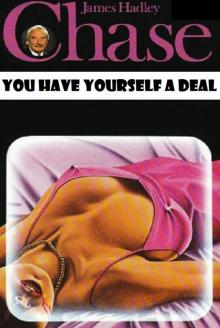 1966 - You Have Yourself a Deal
1966 - You Have Yourself a Deal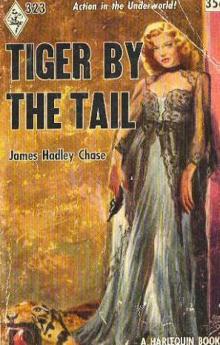 Tiger by the Tail
Tiger by the Tail